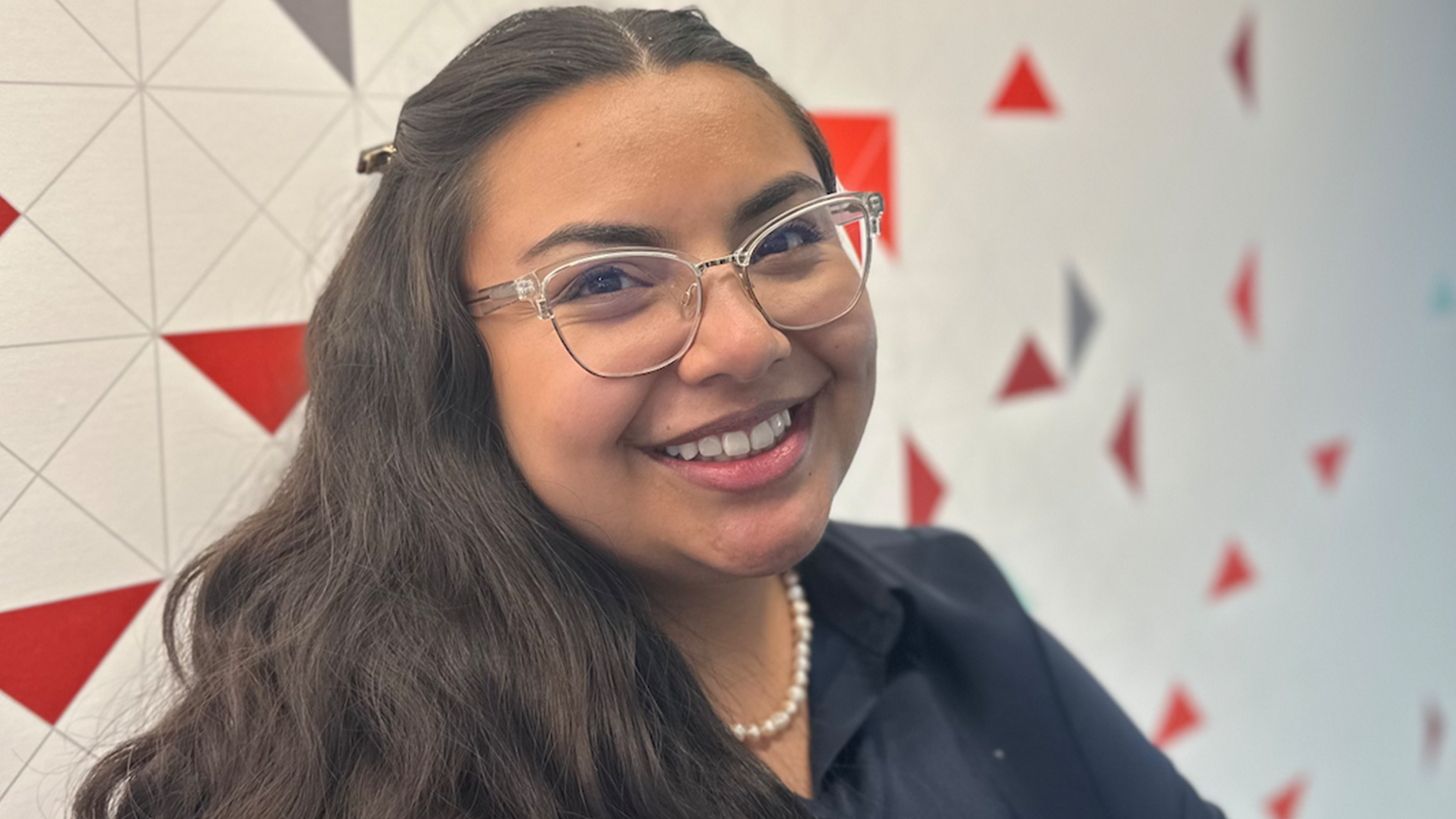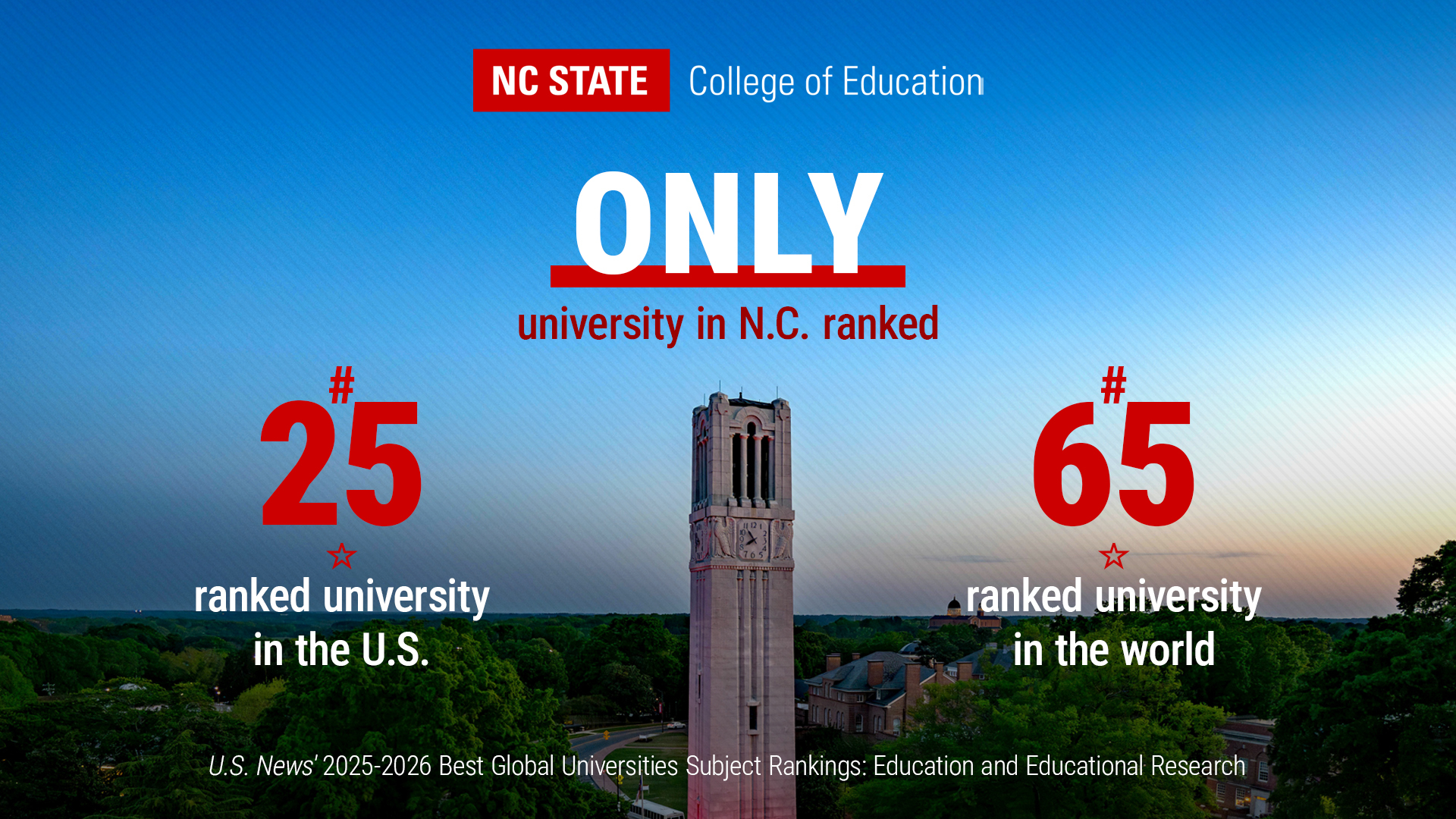Assistant Professor of Learning, Design, and Technology Ela Castellanos-Reyes Wins May Kay Sommers Dissertation Award from Purdue University

Ela Castellanos-Reyes, an assistant professor of learning, design, and technology in the NC State College of Education, has received the Mary Kay Sommers Dissertation Award from Purdue University, where she earned her doctoral degree.
The Dissertation Award recognizes an outstanding dissertation from a recent graduate based on its contributions to the field of education, quality and strength of the dissertation, and quality of writing demonstrated.
“Receiving this award means the world to me. It is evidence of God’s support throughout my academic journey by opening doors considered unachievable for migrant women like me and giving me the courage to pursue complex methodologies,” Castellanos-Reyes said. “My dissertation work is a small step in the field of distance learning but a huge milestone for me!”
Entitled “Evolution of Social Presence: Longitudinal Network Analyses of Online Learning Peer Interactions From a Social Learning Analytics Perspective,” the award-winning study examines how online students’ social presence evolves over time to shape their online learning behaviors. Castellanos-Reyes’ dissertation was supported by the National Academy of Education Dissertation Fellowship and the Bilsland Dissertation Fellowship.
The study consists of three articles, the first of which explores social presence through clickstream interaction, or the number of replies received and sent in an online discussion, and found that dropout rates could be lowered if social presence affordances are used purposefully and that adding social media characteristics to discussion boards inhibits conversational behavior.
The second study used peer-nomination data and a scale to investigate the spread of social presence perceptions in online networks of students over three consecutive courses. Although there was no evidence of social influence, the study found that online learners who nominated more peers were more likely to report higher social presence perceptions over time and that students were not more likely to share with those who showed similar levels of social presence.
The final study is a conceptual framework that integrates network theory and the online learning literature into a new perspective to analyze learners’ online behaviors and interactions under the light of social presence theory.
“The findings of this dissertation improve educational practice by identifying behaviors that harm online social presence and providing specific actions for online instructors and instructional designers to promote social presence in online learning,” Castellanos-Reyes said.
- Categories:


